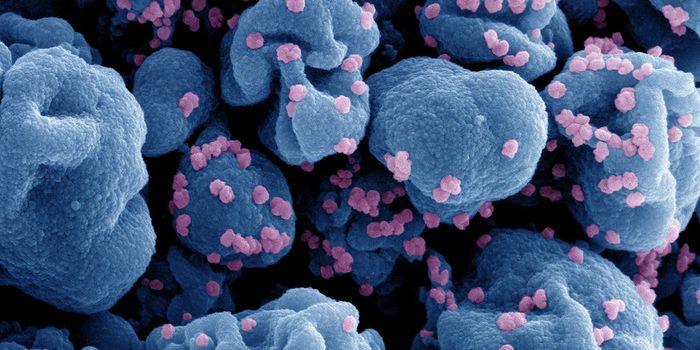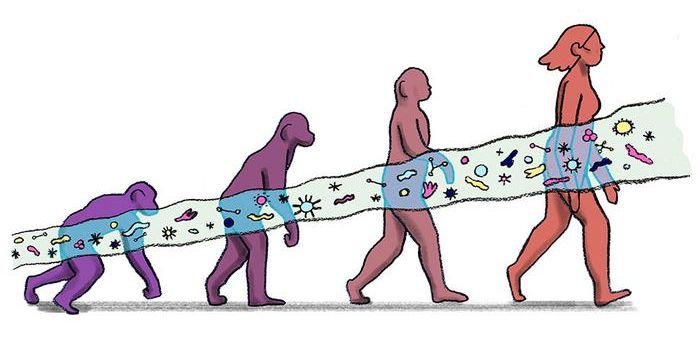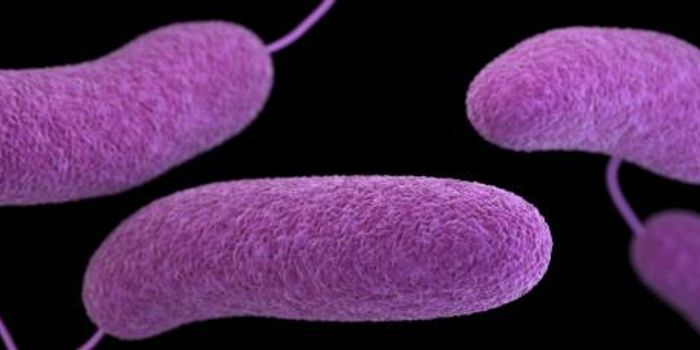For Treating IBS, the FODMAP Diet is Better Than Medications
Irritable bowel syndrome (IBS) causes chronic gut discomfort; it's characterized by abdominal pain, bloating, gas, distension, and bowel problems like diarrhea and constipation. It's estimated that as many as one in seven people may have IBS, which can lead to serious disruptions in quality of life. Now, scientists have determined that a diet could help as many as seven of every ten IBS patients find relief. The FODMAP diet significantly reduced patients' symptoms in a trial. The findings were reported in The Lancet Gastroenterology & Hepatology.
FODMAPs are natural, short-chain carbohydrates found in many foods that interact with gut microbes and lead to IBS symptoms. FODMAP foods may not be totally digested in the gut, and as they move through the gut they attract water. They can be fermented by gut microbes that generate gas in the process, causing the gut to expand, leading to pain and discomfort. Monash University developed the FODMAP diet, which restricts foods from the following categories: fermentable, oligosaccharides, disaccharides, monosaccharides, and polyols.
FODMAPs are usually harmless for most people, and this process will still occur in healthy individuals. But, IBS patients also have issues with gut motility and gut wall sensitivity, so the added water and resulting gas that FODMAPs generate cause symptoms in those with IBS.
Not every individual with IBS will be sensitive to every FODMAP food as well. When a patient tries the diet, they are encouraged to carefully eliminate each FODMAP food and reintroduce it to determine which ones cause problems.
In the Lancet study, researchers at Sahlgrenska University Hospital in Gothenburg instructed three groups of about 100 volunteers with moderate to severe IBS to adhere to either a medication regimen or one of two diets: either low FODMAP or one low in carbohydrates and high in fats and proteins. They followed the treatments for four weeks.
The study showed that 76 percent of people in the low FODMAP diet group had reductions in IBS symptoms, while the low carbohydrate group had a 71 percent reduction in symptoms, and medication reduced symptoms by only 58 percent in comparison. Symptoms of anxiety, depression were relieved, and quality of life were also improved.
After six months, some participants had gone back to their old eating habits, but many (68 percent of the low FODMAP group and 60 percent of the low-carb group) still had marked relief in their IBS symptoms.
"With this study, we can show that diet plays a central role in the treatment of IBS, but that there are several alternative treatments that are effective," said study leader Sanna Nybacka of the University of Gothenburg. "We need more knowledge about how to best personalize the treatment of IBS in the future and we will further investigate whether there are certain factors that can predict whether individuals will respond better to different treatment options."
FODMAP refers to: foods that gut bacteria "Ferment" to generate gas, "Oligosaccharides," like wheat, rye, onions, garlic and legumes, "Disaccharides" such as lactose that are found in dairy, "Monosaccharides" like fructose, and "Polyols" including sorbitol and mannitol that are found in fruit, vegetables, and sweeteners.
Sources: University of Gothenburg, Monash University, Lancet Gastroenterology & Hepatology









